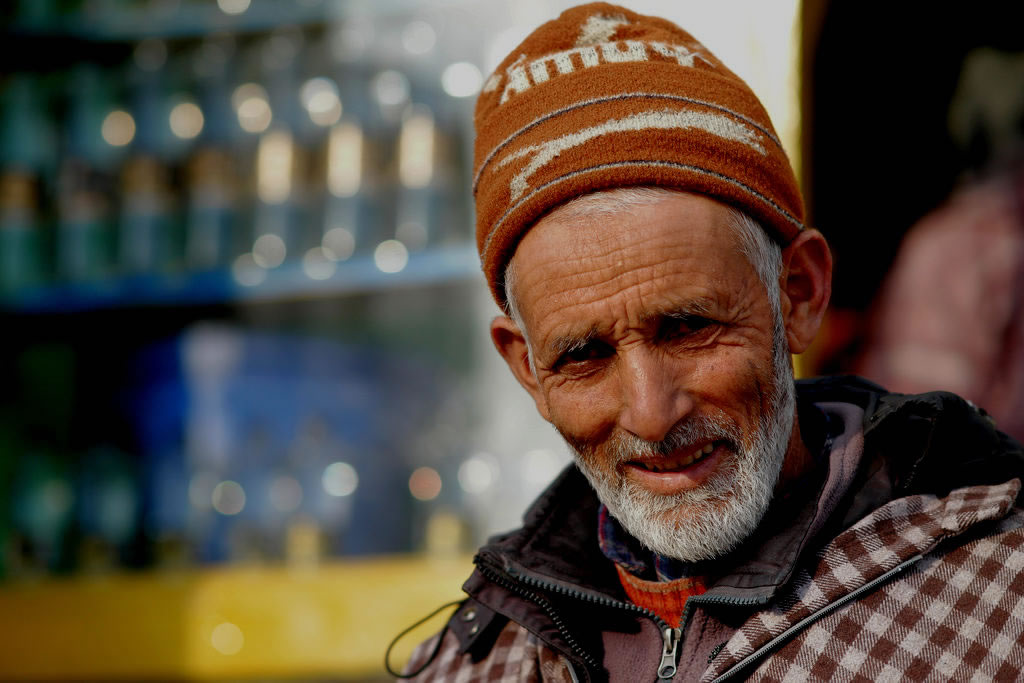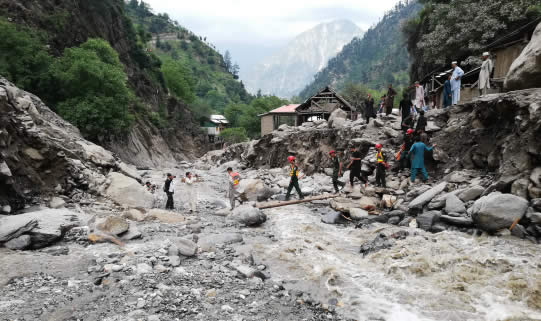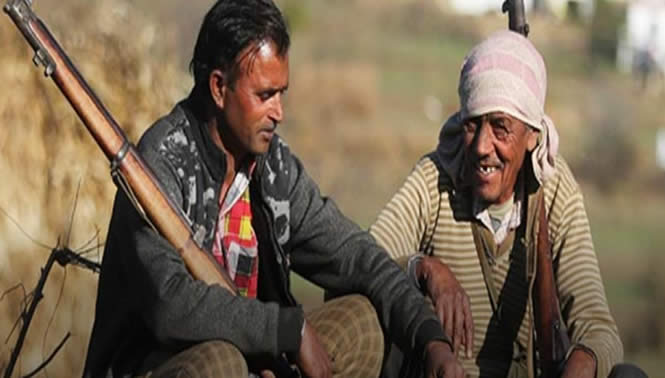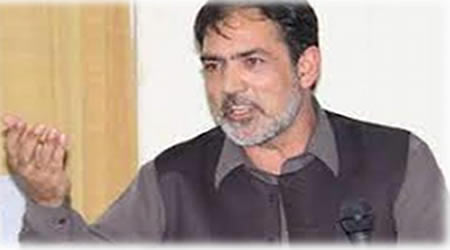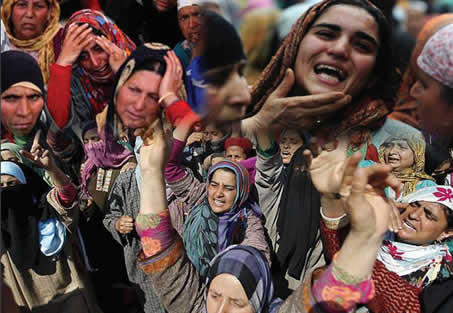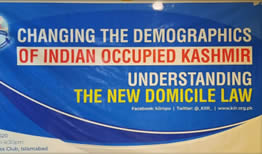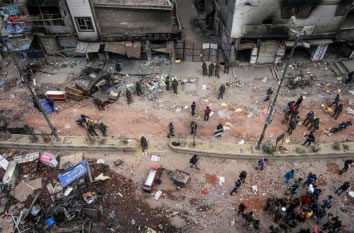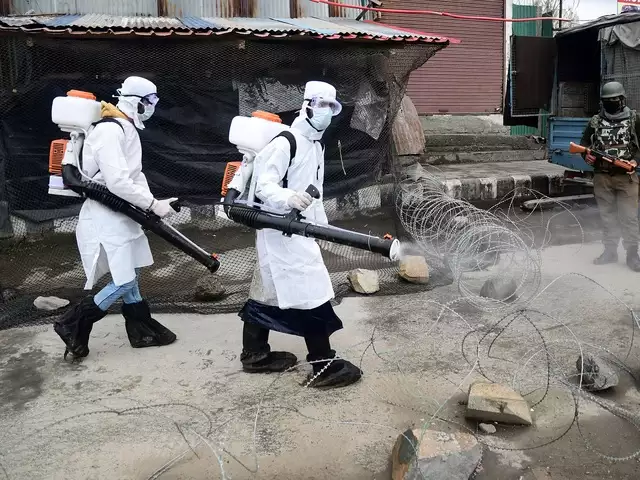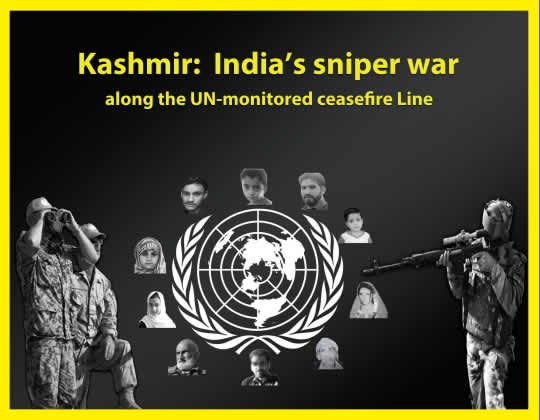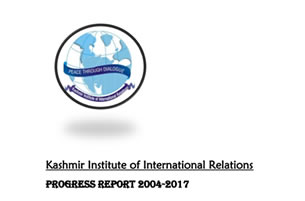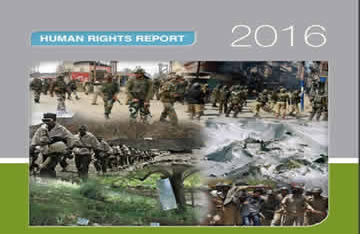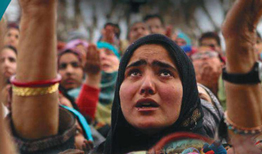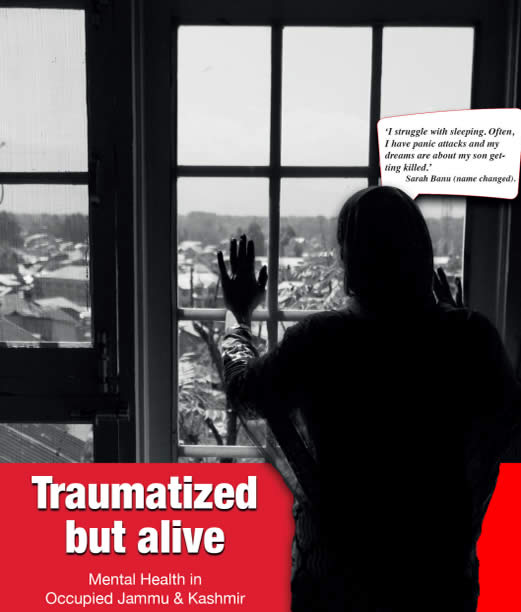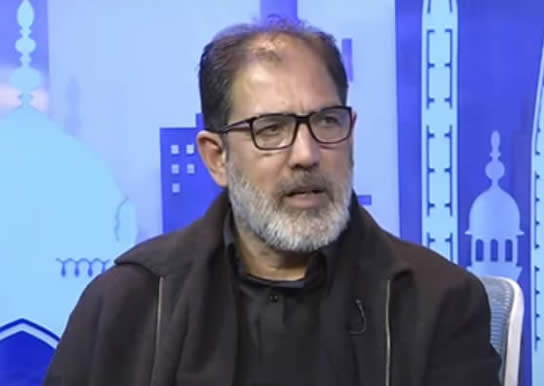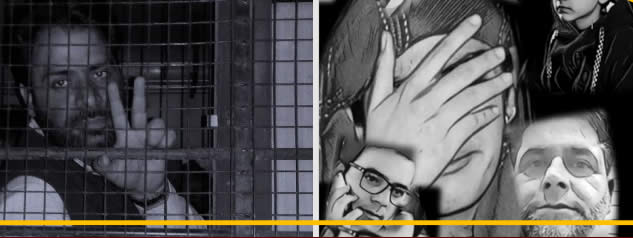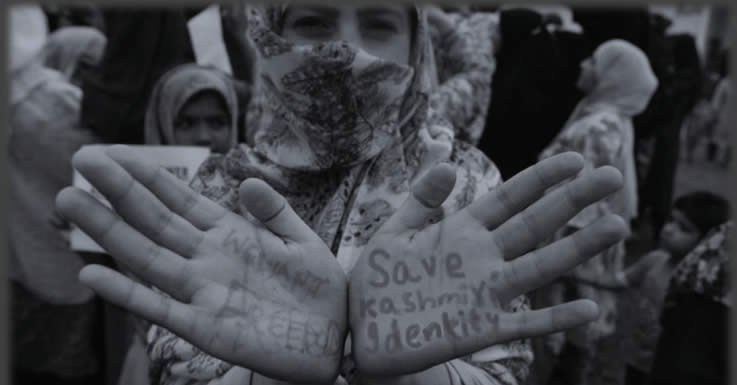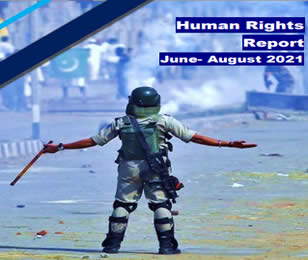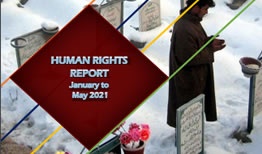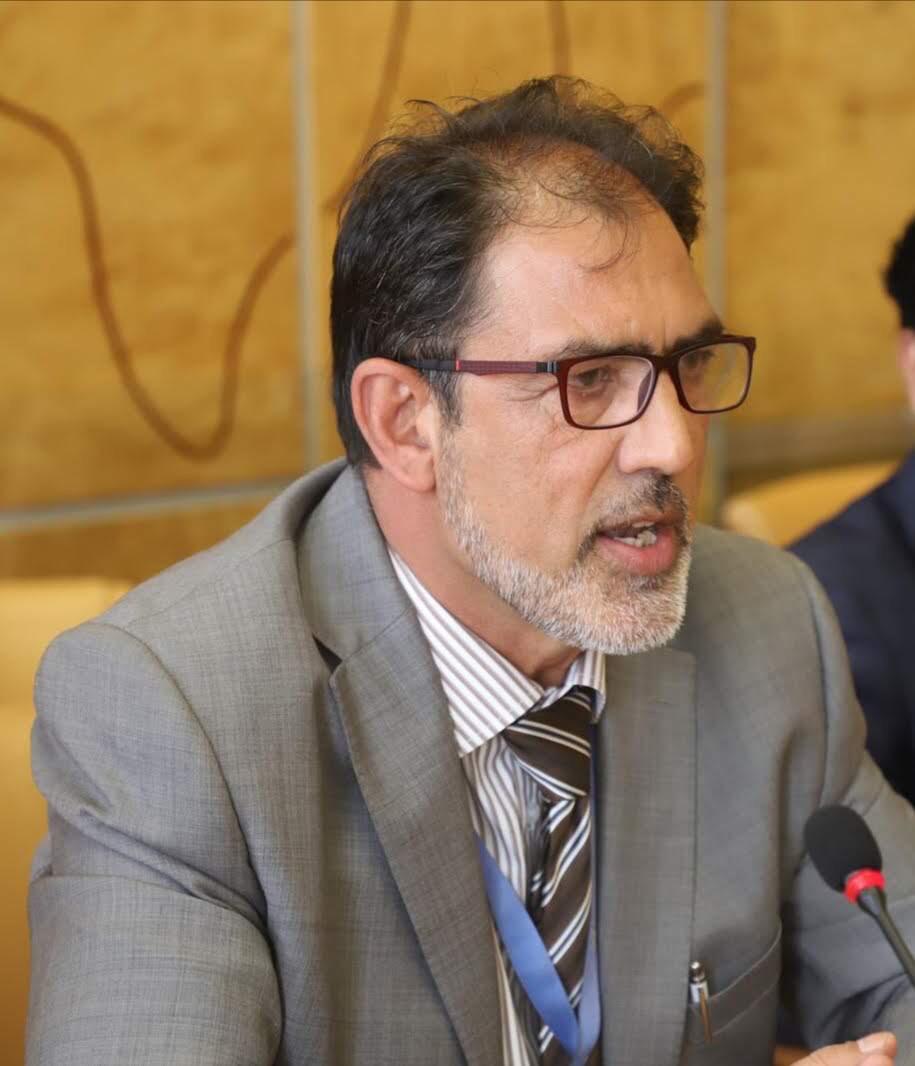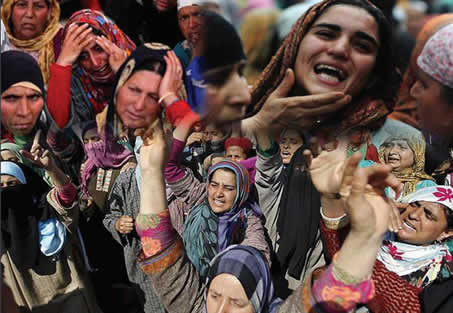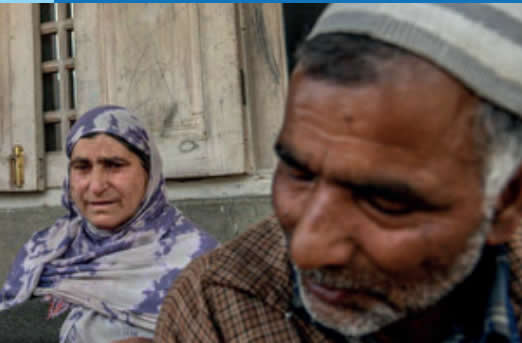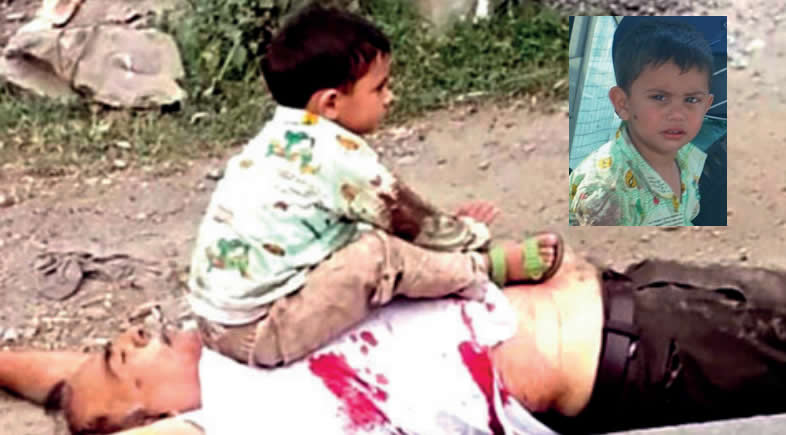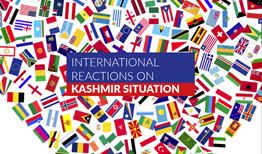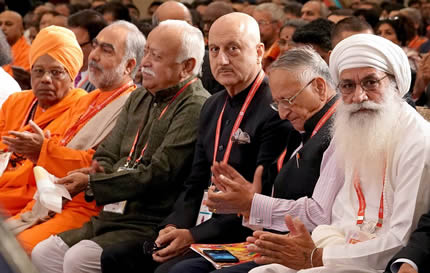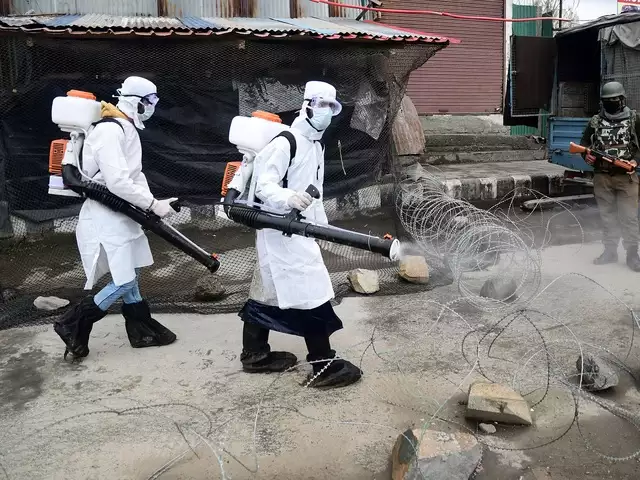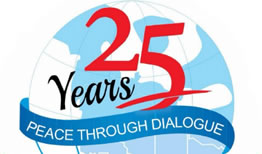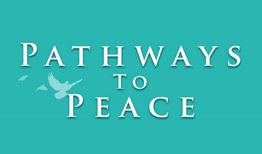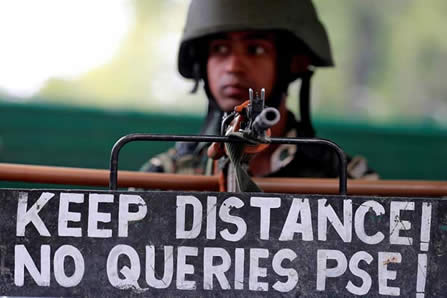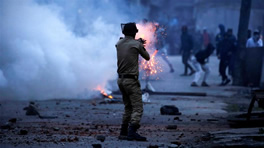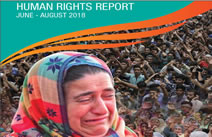Don't Take our Mothers away when a policy breaks a Family Hearts
Don't Take our Mothers away when a policy breaks a Family Hearts
The plea is simple: Don’t take our mothers away. Let us stay. Imagine being a child in Indian occupied Jammu & Kashmir, holding tightly to your mother’s hand, terrified that she might be taken away forever. This is not a distant nightmare. It is the harsh reality for dozens of families in Bandipora, Kashmir. Twenty-one women of Pakistani origin face deportation after living here for over a decade. They came under the 2010 rehabilitation policy. They married men who surrendered arms and chose peace. The government had promised them safety and a fresh start. But now, that promise is broken.
Zahida Begum is one of those mothers, who came to Kashmir 15 years ago. She raised her children in a home she built with love and care. Now, she faces deportation. The thought of being torn from her children and the only home they know fills her with unbearable pain. “This place is our life. Taking me away will destroy everything,” she says. Aliza Rafiq has lived in Kashmir for 12 years. She came legally and followed every rule. She is mother of a 10-year-old daughter, who depends on her completely. When she received the deportation notice, she broke down. “I would rather die than live without my children,” she said. Her daughter’s cries are haunting: “Who will care for Mama if she is sent away? I’m still small. I can’t live without her.” The 2010 rehabilitation policy was a hopeful gesture. It was meant to reunite families and build peace. But now, after a terror attack in Pahalgam, the government has reversed course. They say these women are illegal immigrants. Deportation notices were sent suddenly. Without any chance to appeal or mercy.
Mohammad Shafi, husband of one of the affected women, is heartbroken. “We have all the legal documents, Aadhaar cards, domicile certificates, voter IDs. How can my wife be called illegal?” he asks. His eight-year-old daughter fears losing her mother. “If they take Mama away, I will lose everything,” she whispers. Mufzala, another mother, gave birth to a baby just 40 days ago. She has applied for Indian citizenship for years. Each year her family is verified by authorities. Yet, her citizenship request was rejected without explanation. “Where will I go with a newborn?” she asks. “What will happen to my children?” This crisis is not just about laws or policies. It is about human lives and broken promises. Advocate Tajamul explains the legal reality, “The government has the right to deport under the Foreigners Act and Passport Act. But these women returned under a government policy.
They were never given citizenship or real rehabilitation. Punishing them is unfair.” The timing is cruel. The women and their families were assured of safety when they returned. They trusted the government. That trust has been shattered. Deportation will separate mothers from children. It will destroy families who have lived peacefully for years. This is a humanitarian crisis. A local social worker says, “The government’s action is more than policy failure. It is breaking hearts and homes.” Children plead for their mothers to stay. Mothers beg for mercy and a chance to live with their families.
Since the deportation order, nearly 800 Pakistani nationals have returned home. Around 1,400 Indians have returned from Pakistan amid tighter visa rules. But the women in Bandipora believed they had a right to stay. Their lives were built there. Their children were born there. They deserve to remain. The government now faces a choice. It can continue with strict deportations that punish innocent families, it can honor its promise, show compassion and protect vulnerable mothers and children. These women are not threats. They are survivors seeking stability and love.
Related Reports
